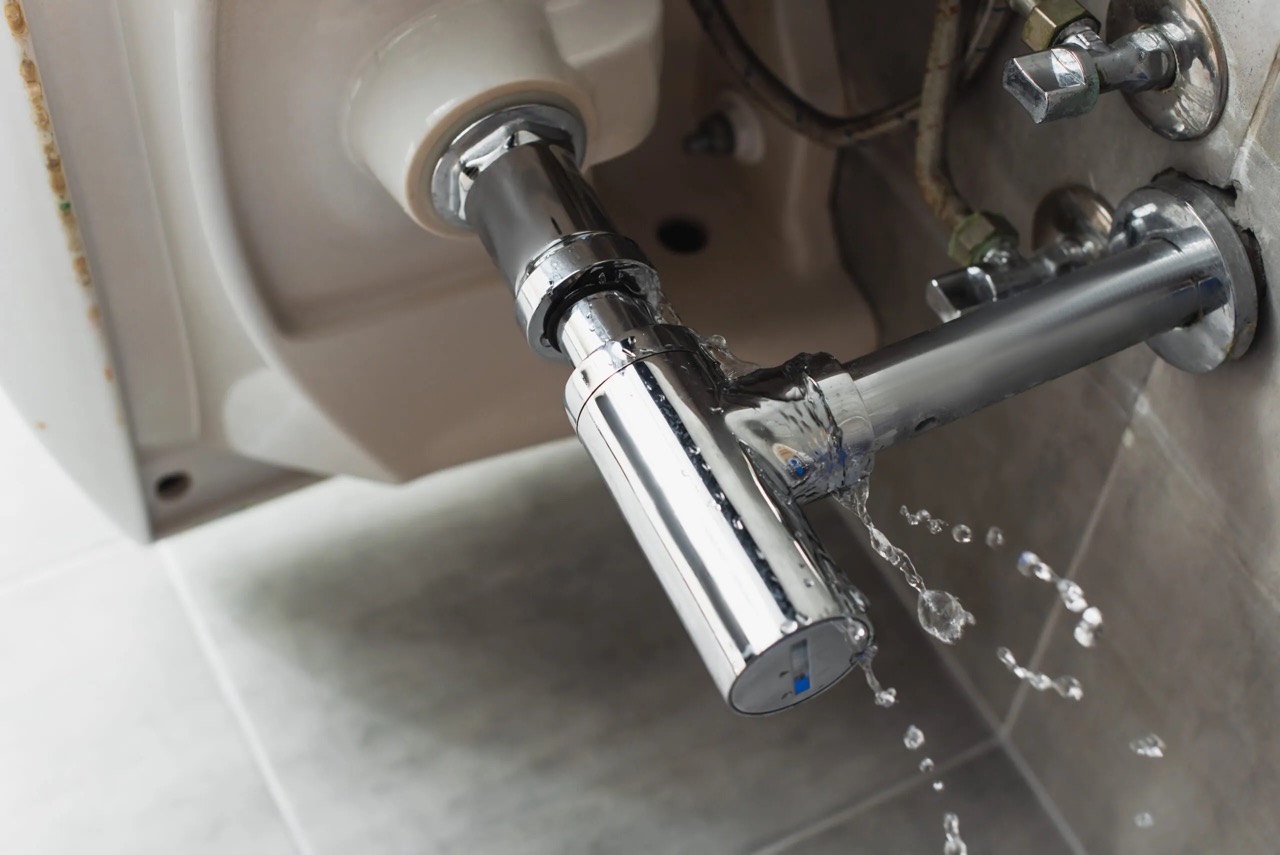

Articles
How Much Does It Cost To Fix A Plumbing Leak
Modified: August 28, 2024
Find out how much it costs to fix a plumbing leak with our informative articles. Learn about different options and get expert tips to save money.
(Many of the links in this article redirect to a specific reviewed product. Your purchase of these products through affiliate links helps to generate commission for Storables.com, at no extra cost. Learn more)
Introduction
Welcome to the world of plumbing leaks! Whether you’re a homeowner or a business owner, dealing with a plumbing leak can be a frustrating and costly experience. From a small drip to a major water gush, plumbing leaks can cause significant damage to your property if not promptly addressed. In addition to the potential damage, they can also lead to a surge in your water bills, wasted resources, and a decrease in the overall efficiency of your plumbing system.
Understanding the causes of plumbing leaks and knowing how to identify and address them can save you time, money, and stress. In this article, we will explore the common causes of plumbing leaks, discuss how to identify them, and provide you with information on both DIY fixes and hiring a professional plumber. We will also delve into the factors that can affect the cost of plumbing leak repairs and give you an idea of the average cost for fixing common types of leaks.
So, whether you’re a DIY enthusiast looking to tackle a plumbing leak on your own or someone who prefers to leave it to the experts, this article will equip you with the knowledge you need to understand the process and make informed decisions. Let’s dive in!
Key Takeaways:
- Don’t ignore plumbing leaks! Early detection and proactive maintenance can save you from costly repairs and property damage. Whether DIY or professional, address leaks promptly.
- Hiring a skilled plumber for complex leaks is worth it. Their expertise, proper tools, and efficiency can save you time and money in the long run.
Read more: How Much Does It Cost To Fix A Roof Leak
Causes of Plumbing Leaks
Plumbing leaks can occur for a variety of reasons, and understanding the common causes can help you prevent them from happening in the first place. Here are some of the most frequent causes of plumbing leaks:
- Age and wear: Over time, the materials used in plumbing systems can degrade, leading to leaks. Pipes that are made from older materials, such as galvanized steel or polybutylene, are more prone to corrosion, rust, and deterioration.
- High water pressure: Excessively high water pressure can put strain on your plumbing system, causing pipes, fittings, and joints to weaken and develop leaks. It’s important to keep your water pressure within the recommended range through the use of a pressure regulator.
- Freezing temperatures: When water freezes, it expands, which can cause pipes to crack or burst. This is particularly common in colder climates or during severe winter storms when pipes are not adequately insulated.
- Poor installation: Incorrect installation of plumbing components can result in leaks. Improper connections, loose fittings, or inadequate sealing can all contribute to water seepage and leakage.
- Physical damage: Accidental damage from construction work, renovations, or even gardening activities can cause pipes to be punctured or crushed, leading to leaks.
- Tree roots: In some cases, tree roots can infiltrate underground pipes in search of water. As the roots grow, they can put pressure on the pipes, leading to cracks and leaks.
- Corrosion and chemical reactions: Certain chemicals and minerals present in water can corrode pipes over time. This is often the case with older homes that have plumbing systems made of copper, brass, or iron.
By understanding these common causes, you can take proactive measures to prevent plumbing leaks. Regular maintenance, such as inspecting pipes for signs of wear and ensuring proper insulation, can go a long way in preserving the integrity of your plumbing system and minimizing the risk of leaks.
Identifying Plumbing Leaks
Detecting a plumbing leak early on can save you from extensive damage and costly repairs. Here are some signs that can help you identify if you have a plumbing leak:
- Unusual water bill increase: If you notice a sudden spike in your water bill without any change in usage, it may indicate a hidden plumbing leak. Keep an eye on your water bill and investigate any significant and unexplained increases.
- Dripping sounds: If you hear the sound of dripping water when all faucets are turned off, there may be a leak in your plumbing system. Listen for any dripping sounds in the walls, ceilings, or floors.
- Water stains: Look for water stains on walls, ceilings, or floors. These stains may appear as discolored patches or mildew growth. Moisture-related damage is often a sign of an active plumbing leak.
- Musty odors: If you detect a musty or unpleasant smell in a specific area of your property, it could indicate a hidden plumbing leak. The stagnant water caused by the leak can lead to the growth of mold, resulting in an unpleasant odor.
- Mold or mildew growth: Keep an eye out for any signs of mold or mildew, especially in areas with high humidity or where water is commonly present, such as bathrooms or basements. Mold growth is often a result of consistent moisture from a hidden leak.
- Low water pressure: A sudden decrease in water pressure throughout your property may signal a plumbing leak. Leaks can disrupt the normal flow of water, resulting in reduced pressure at faucets, showers, and toilets.
- Visible leaks: Of course, if you see water actively leaking from a pipe, faucet, or any plumbing fixture, it’s a clear indication of a leak that needs immediate attention.
It’s essential to be proactive in identifying plumbing leaks and addressing them promptly. Ignoring a leak can lead to further damage to your property and potentially result in costly repairs. If you suspect a plumbing leak but are unable to locate its source, it’s best to seek the assistance of a professional plumber who has the expertise and tools to identify and fix the issue.
DIY Plumbing Leak Fixes
While some plumbing leaks require the expertise of a professional plumber, there are certain minor leaks that you can attempt to fix on your own. However, it’s important to remember that if you’re not confident in your abilities or if the leak is extensive, it’s best to call a professional. Here are a few DIY fixes for common plumbing leaks:
- Dripping faucets: A dripping faucet is not only annoying but can also waste a significant amount of water over time. The most common cause of a dripping faucet is a worn-out washer. You can try replacing the washer yourself using basic tools.
- Toilet leaks: Toilet leaks are often caused by a faulty flapper or a worn-out seal. To check for a toilet leak, add a few drops of food coloring to the tank. If the color appears in the bowl without flushing, it indicates a leak. Replacing the flapper or seal is usually a straightforward DIY task.
- Pipe leaks: Small pipe leaks can sometimes be repaired temporarily using plumbing tape or epoxy putty. These temporary fixes can provide a short-term solution until a professional plumber can address the issue properly.
- Showerhead leaks: If your showerhead is leaking, it’s typically a sign of a worn-out washer or a faulty valve. Try replacing the washer or the entire showerhead to eliminate the leak.
- Leaky pipes joints: Leaks in pipe joints can often be fixed by tightening the connections. Use a wrench to snugly tighten the affected joint. However, be cautious not to over-tighten and cause further damage.
Remember, these DIY fixes are only suitable for minor leaks. If you encounter a major leak, a burst pipe, or a complex plumbing issue, it’s best to turn off the water supply and call a professional plumber immediately to avoid further damage.
Additionally, always prioritize safety when attempting any DIY plumbing repairs. Ensure you have the necessary tools, follow proper procedures, and if in doubt, consult a professional. It’s better to be safe than sorry when it comes to plumbing issues.
Hiring a Professional Plumber
When it comes to plumbing leaks that are beyond your DIY capabilities or require immediate attention, it’s crucial to hire a professional plumber. Hiring a skilled and experienced plumber brings several benefits, including:
- Expertise and knowledge: Professional plumbers have extensive knowledge and experience in dealing with all types of plumbing issues, including leaks. They can quickly and accurately assess the problem, provide the most suitable solution, and ensure that the repair is done correctly.
- Proper tools and equipment: Plumbers utilize specialized tools and equipment that are essential for accurate leak detection and repairs. They have access to advanced technology that enables them to locate hidden leaks without causing unnecessary damage to your property.
- Time and cost efficiency: Hiring a professional plumber can save you time and money in the long run. They have the skills and resources to efficiently diagnose and fix plumbing leaks, minimizing the risk of further damage and costly repairs down the line.
- Insurance and warranties: Reputable plumbing companies typically offer insurance coverage and warranties for their work. This provides you with peace of mind knowing that in the rare event of an issue arising from the repair, you are protected and covered.
- Code compliance: Professional plumbers are well-versed in local building codes and regulations. They ensure that any repairs or installations they carry out are in compliance with these codes, safeguarding your property and ensuring your safety.
When hiring a professional plumber, it’s essential to research and choose a reliable and licensed individual or company. Here are a few tips to help you find the right plumber:
- Ask for recommendations from friends, family, or neighbors who have had positive experiences with plumbers.
- Check online reviews and ratings to gauge the reputation and reliability of the plumber.
- Inquire about licenses, certifications, and insurance to ensure you are dealing with a qualified professional.
- Obtain multiple quotes and compare them to ensure fair pricing.
- Ask about warranties or guarantees for the work performed.
By taking the time to find a reliable plumber, you can have confidence that your plumbing leaks will be properly addressed, ensuring a durable and effective solution that will last for years to come.
Regularly inspect your plumbing system for any signs of leaks, such as water stains, mold, or musty odors. Addressing leaks promptly can help prevent costly water damage and save you money on repairs in the long run.
Read more: How Much Does Plumbing Repair Cost
Factors Affecting the Cost of Plumbing Leak Repair
The cost of plumbing leak repair can vary depending on several factors. Understanding these factors can help you anticipate and budget for the potential expenses. Here are some key factors that can influence the cost of plumbing leak repairs:
- Severity of the leak: The extent and severity of the plumbing leak play a significant role in determining the cost of repairs. A minor drip from a faucet may have a lower repair cost compared to a burst pipe that requires extensive repair or replacement.
- Location of the leak: The location of the plumbing leak can impact the cost of the repair. If the leak is easily accessible, such as a visible pipe under the sink, it may be easier and less expensive to fix. However, if the leak is hidden behind walls or in the foundation, it may involve more labor and cost to access and repair.
- Type of plumbing system: The type of plumbing system in your property can also affect the cost. Older homes with outdated or unusual plumbing systems may require specialized knowledge or hard-to-find replacement parts, which can increase the overall cost of the repair.
- Extent of damage: If the plumbing leak has caused damage to other parts of your property, such as walls, flooring, or cabinets, the repair costs will likely be higher. In such cases, it may be necessary to hire additional professionals, such as carpenters or painters, to restore the affected areas.
- Accessibility: The accessibility of the plumbing system can impact the cost of repairs. If the leak is in a tight or hard-to-reach area, it may require more time and effort for the plumber to access and fix the issue, leading to higher labor costs.
- Time of service: Emergency or after-hours plumbing services may come at a premium cost. If you require immediate repair outside of regular business hours, be prepared for potentially higher fees.
- Plumber’s experience and reputation: The skill and reputation of the plumber can also influence the cost. Established and highly regarded plumbers may charge higher rates for their expertise and quality of service.
It’s important to consult with a professional plumber to assess the specific factors influencing the cost of your plumbing leak repair. They can provide a detailed estimate based on the unique circumstances of your situation.
Remember, while the cost of repair is a significant consideration, it’s crucial not to compromise on quality. Hiring a reputable plumber and ensuring a thorough and long-lasting repair can save you from future headaches and expenses.
Average Cost of Fixing Common Plumbing Leaks
The cost of fixing common plumbing leaks can vary based on several factors, including the type and severity of the leak and the location of the plumbing system. Here are the average cost ranges for repairing common plumbing leaks:
- Dripping faucets: Fixing a dripping faucet typically involves replacing a worn-out washer or a faulty valve. The average cost can range from $75 to $150, depending on the complexity of the faucet and the availability of parts.
- Toilet leaks: Repairing a toilet leak often requires replacing the flapper, seal, or valve. On average, the cost can range from $100 to $200. However, if the toilet requires more extensive repairs or replacement of the entire unit, the cost can increase accordingly.
- Pipe leaks: The cost of fixing pipe leaks can vary greatly depending on factors such as the material of the pipe, accessibility, and the extent of the damage. Minor repairs with simple materials like plumbing tape or epoxy putty can cost around $50 to $100. However, major repairs or replacement of sections of pipe can range from $200 to $1,000 or more.
- Showerhead leaks: Repairing a leaky showerhead typically involves replacing the washer or the entire showerhead unit. The average cost can range from $75 to $150, depending on the complexity of the showerhead and the parts required.
- Leaky pipe joints: If the leak is occurring at a pipe joint, tightening the connections may solve the issue. The cost of fixing a leaky joint can be as low as $50 if it only requires simple tightening. However, if the joint needs replacement or requires soldering, the cost can range from $100 to $200.
It’s important to note that these are average cost ranges and can vary depending on factors such as the location, complexity, and labor rates in your area. The best way to get an accurate estimate for your specific plumbing leak is to consult with a professional plumber who can assess the situation and provide you with a detailed quote.
Remember, while it may be tempting to opt for the cheapest option, it’s essential to prioritize quality repairs. Hiring a reputable plumber who provides a fair price and guarantees their work will ultimately save you from potential headaches and costly problems in the future.
Additional Costs and Considerations
When it comes to plumbing leak repairs, there can be additional costs and considerations beyond the initial repair expenses. It’s important to be aware of these factors to fully understand the financial implications. Here are some additional costs and considerations to keep in mind:
- Water damage restoration: If a plumbing leak has caused significant water damage to your property, you may need to hire professionals for water damage restoration services. This can involve drying out the affected areas, repairing or replacing damaged materials, and addressing any mold or mildew issues. The cost of water damage restoration can vary widely depending on the extent of the damage.
- Permits and inspections: In some cases, plumbing leak repairs may require permits from your local municipality. Permit costs can vary depending on your location and the scope of the repair. Additionally, certain repairs may need to be inspected to ensure compliance with building codes, and inspection fees may apply.
- Property damage repair: If the plumbing leak has caused damage to other parts of your property, such as walls, flooring, or cabinetry, you may need to allocate additional funds for repairs or replacements. The extent of the damage will determine the overall cost of these repairs.
- Preventive measures: Once a plumbing leak has been resolved, it’s important to take preventive measures to avoid future leaks. This may include installing water leak detection devices, upgrading to more durable plumbing materials, or implementing regular maintenance schedules. While these preventive measures may involve additional upfront costs, they can help save you money in the long run by preventing future leaks and damage.
- Insurance coverage: Depending on your insurance policy, some or all of the repair costs associated with a plumbing leak may be covered. It’s important to review your insurance policy and contact your insurance provider to understand the extent of coverage and any deductibles or limitations that may apply.
Considering these additional costs and factors can help you budget for the overall expenses associated with plumbing leak repairs. It’s advisable to consult with a professional plumber who can assess your specific situation and provide you with a comprehensive estimate that includes any potential additional costs.
Remember, addressing plumbing leaks promptly and effectively is crucial in order to prevent further damage and expenses. Don’t hesitate to seek professional assistance and prioritize quality repairs to protect your property and ensure the longevity of your plumbing system.
Conclusion
Plumbing leaks are a common issue that can cause significant damage and financial strain if not addressed promptly. Understanding the causes of plumbing leaks, knowing how to identify them, and being aware of the available repair options is essential for homeowners and business owners alike.
In this article, we discussed the common causes of plumbing leaks, ranging from age and wear to high water pressure and freezing temperatures. We explored how to identify plumbing leaks by looking out for signs such as water stains, dripping sounds, and increased water bills. Additionally, we provided guidance on DIY fixes for minor leaks and the benefits of hiring a professional plumber for more complex or extensive repairs.
We also discussed the factors that can impact the cost of plumbing leak repairs, including the severity of the leak, the location of the leak, and the accessibility of the plumbing system. Moreover, we highlighted the average cost ranges for fixing common plumbing leaks, such as dripping faucets, toilet leaks, pipe leaks, showerhead leaks, and leaky pipe joints.
Furthermore, we touched upon additional costs and considerations, including water damage restoration, permits and inspections, property damage repairs, preventive measures, and insurance coverage.
In conclusion, dealing with plumbing leaks requires prompt action, whether through DIY repairs or by hiring a professional plumber. By staying vigilant, identifying leaks early on, and taking appropriate measures, you can prevent extensive damage, save money on water bills, and maintain the efficiency of your plumbing system.
Remember, when it comes to plumbing leaks, it’s better to be proactive rather than reactive. Regular maintenance, periodic inspection, and addressing leaks promptly can go a long way in preserving the integrity of your plumbing system and avoiding costly repairs in the future.
Frequently Asked Questions about How Much Does It Cost To Fix A Plumbing Leak
Was this page helpful?
At Storables.com, we guarantee accurate and reliable information. Our content, validated by Expert Board Contributors, is crafted following stringent Editorial Policies. We're committed to providing you with well-researched, expert-backed insights for all your informational needs.
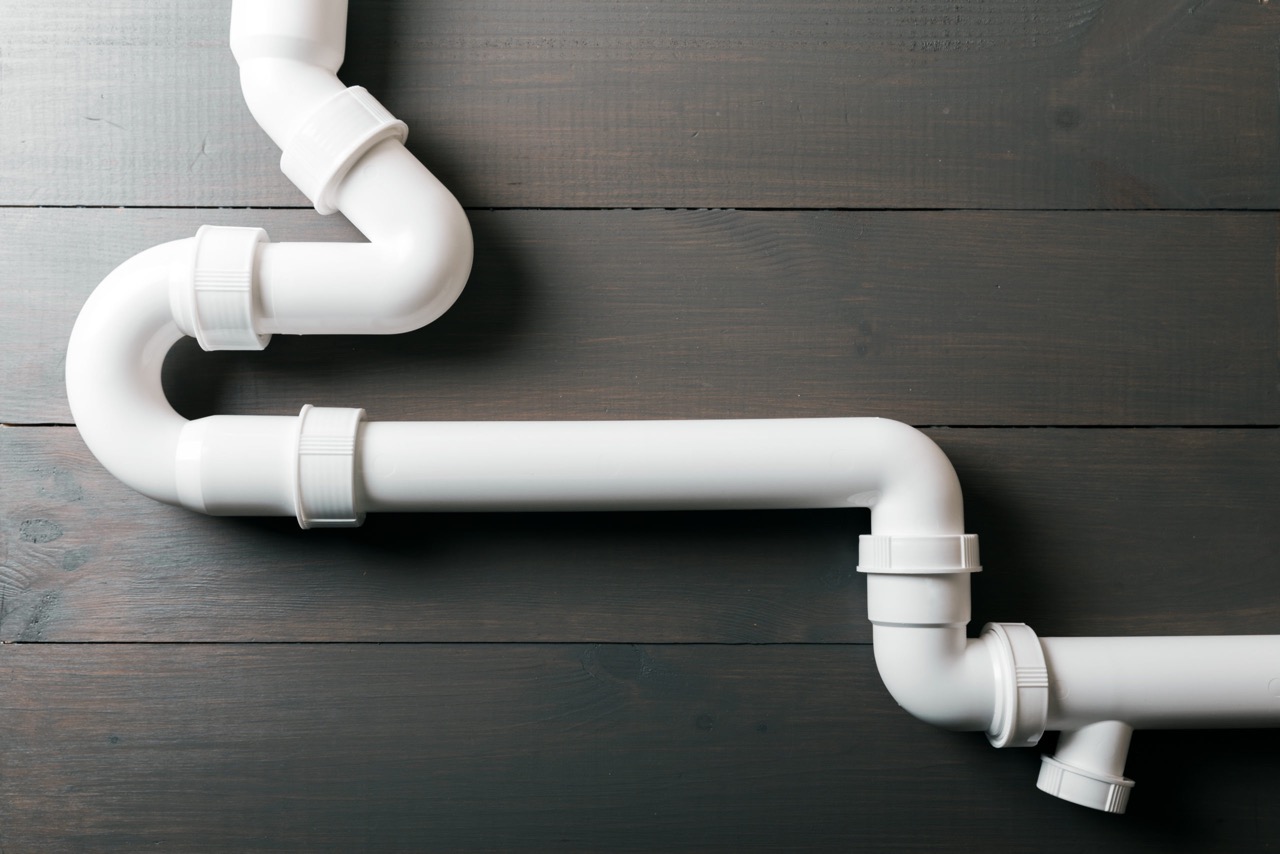
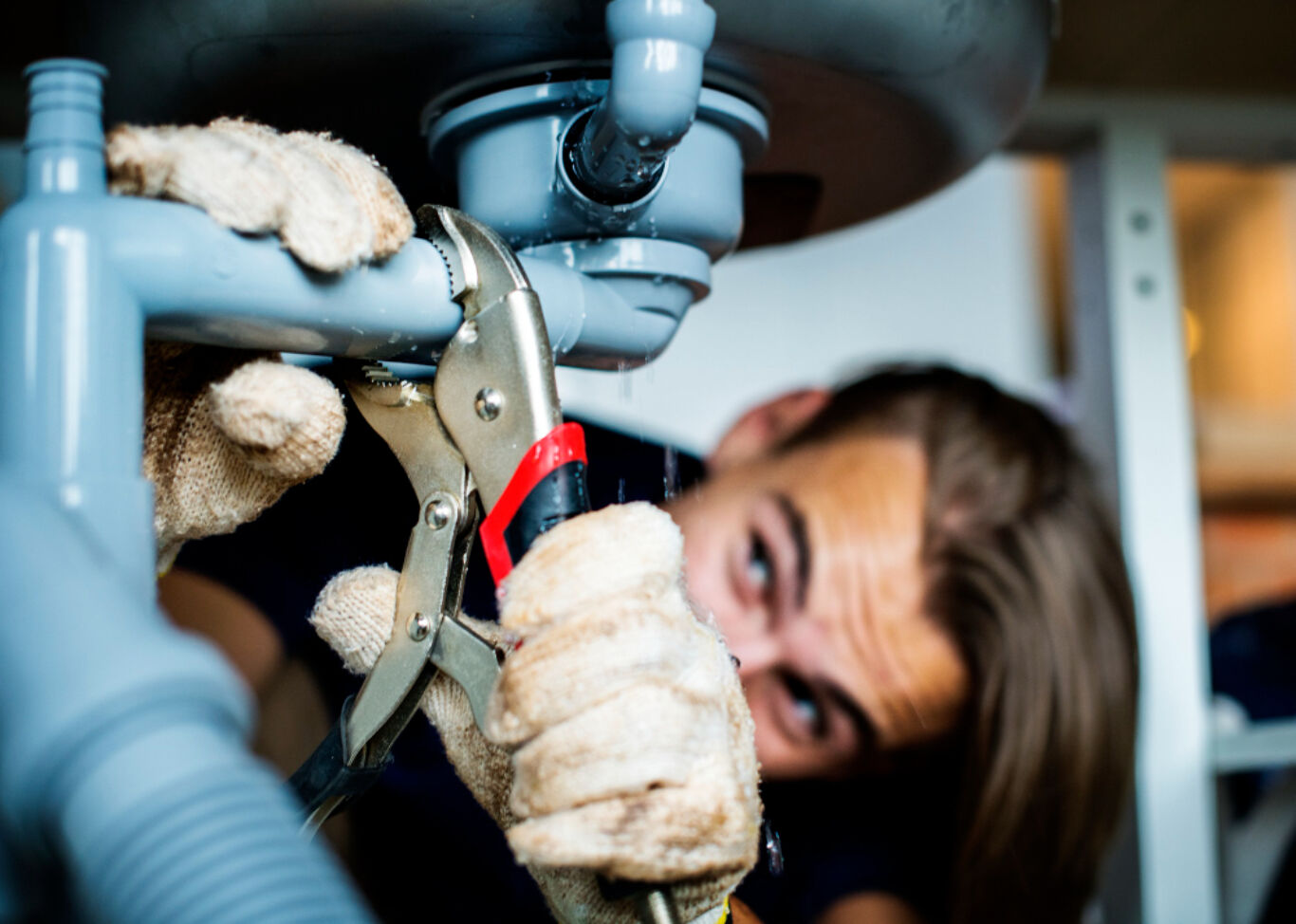

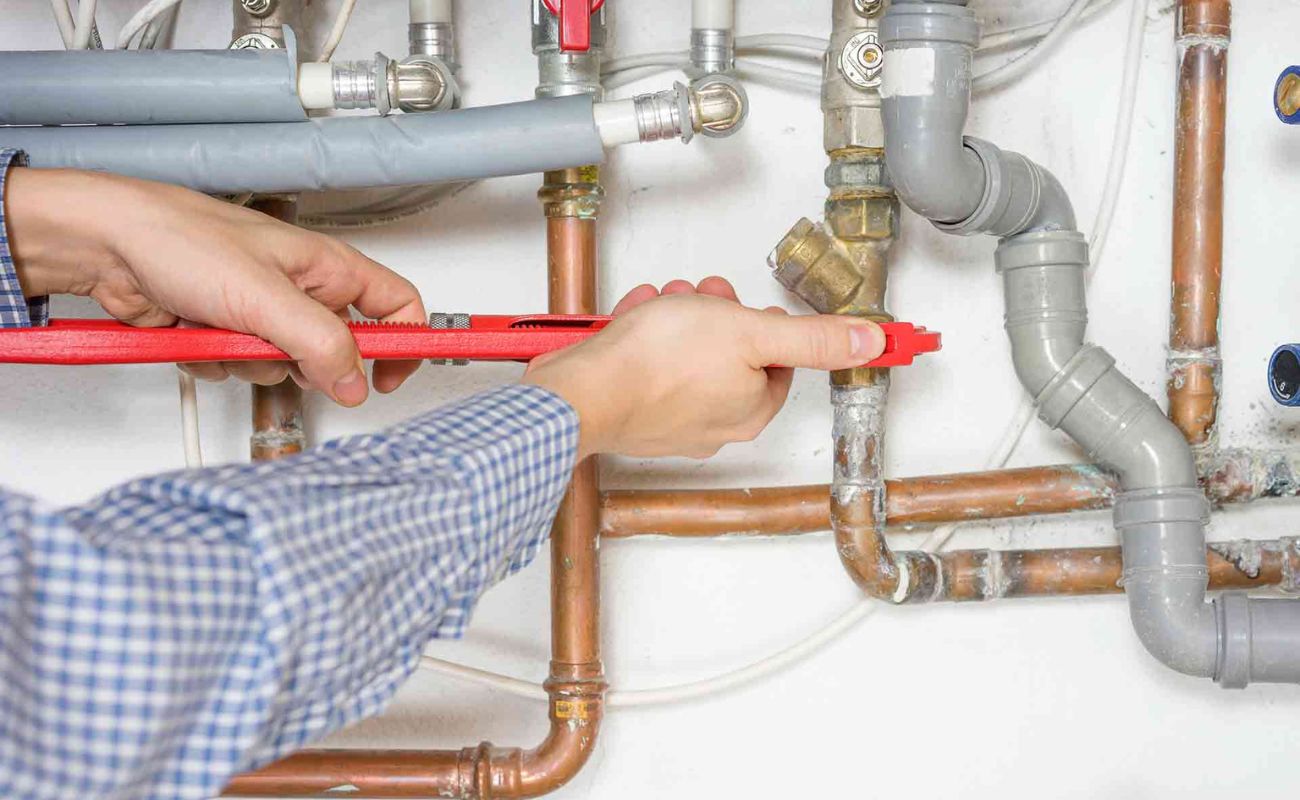
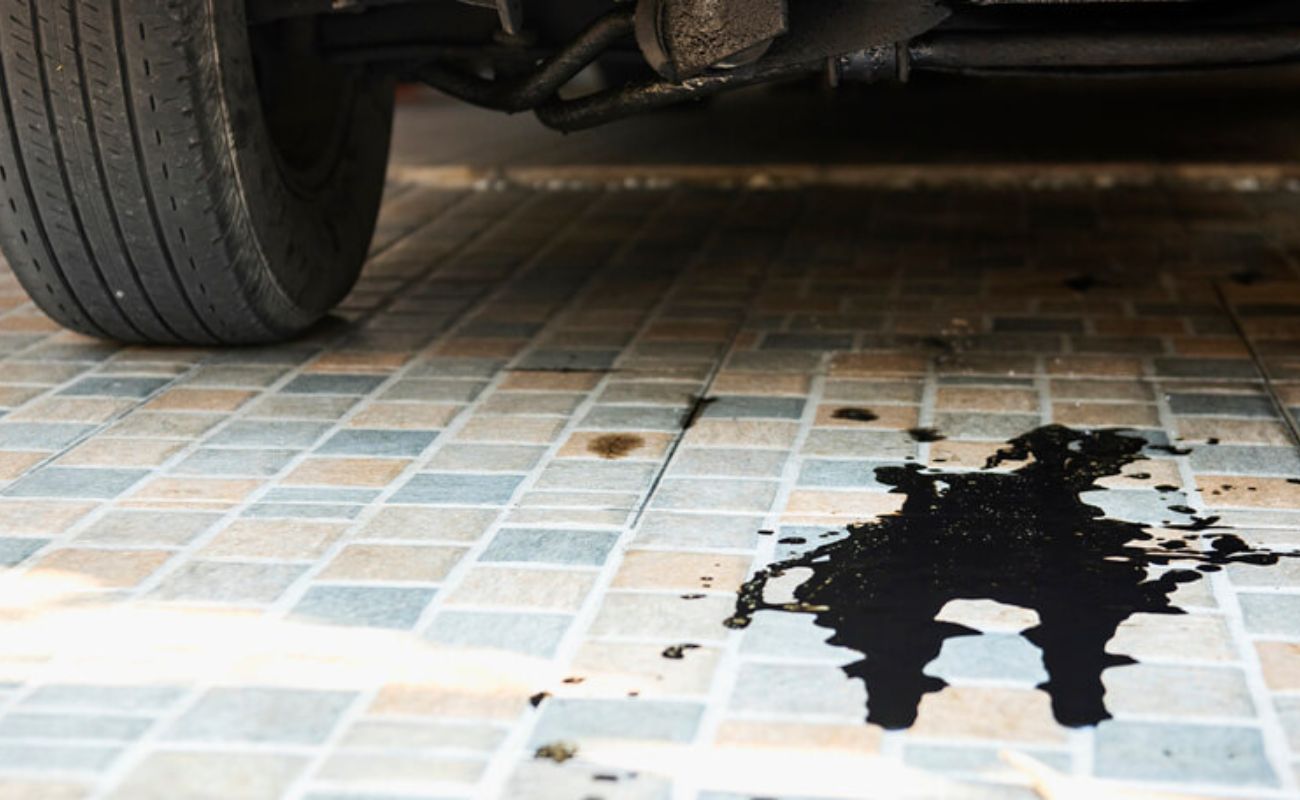
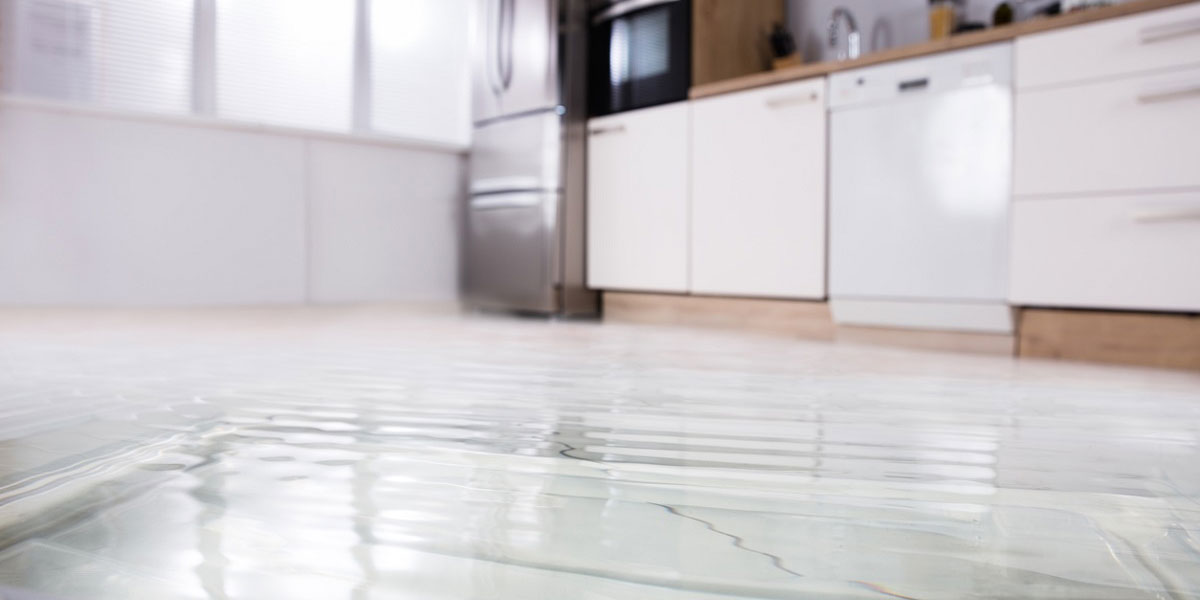
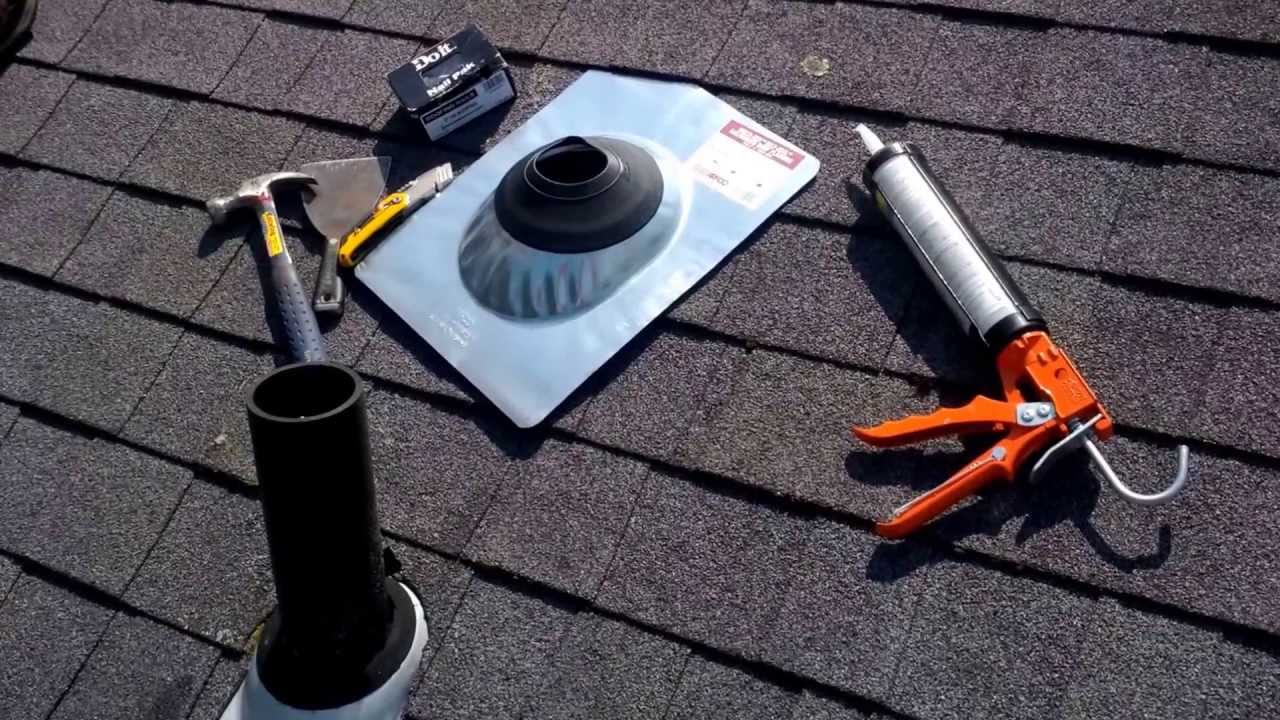
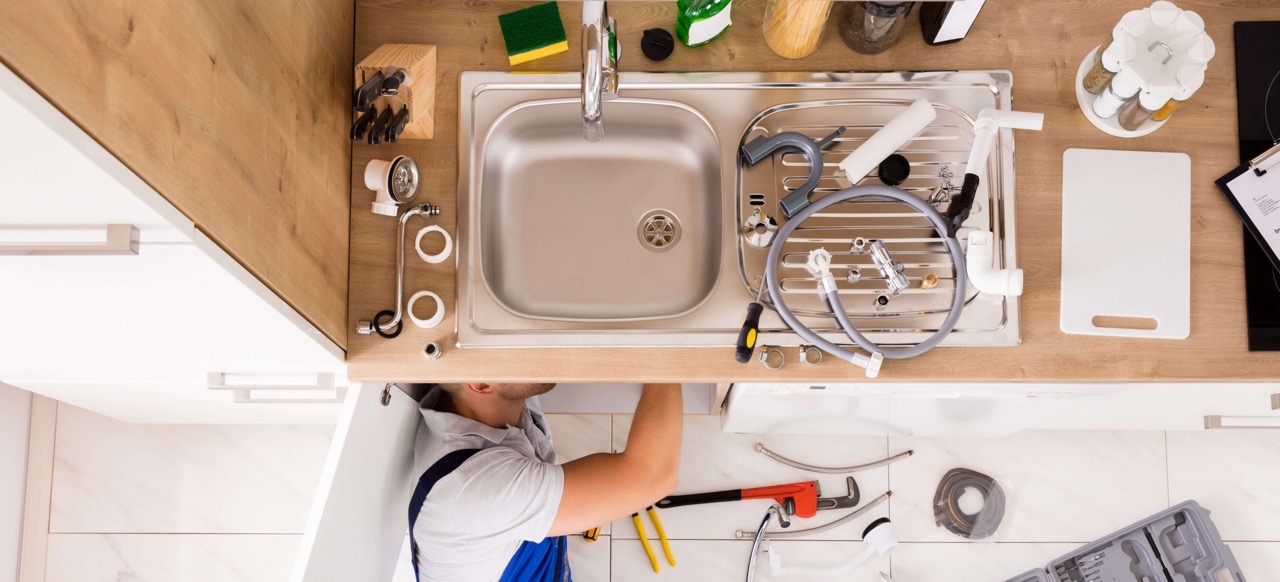
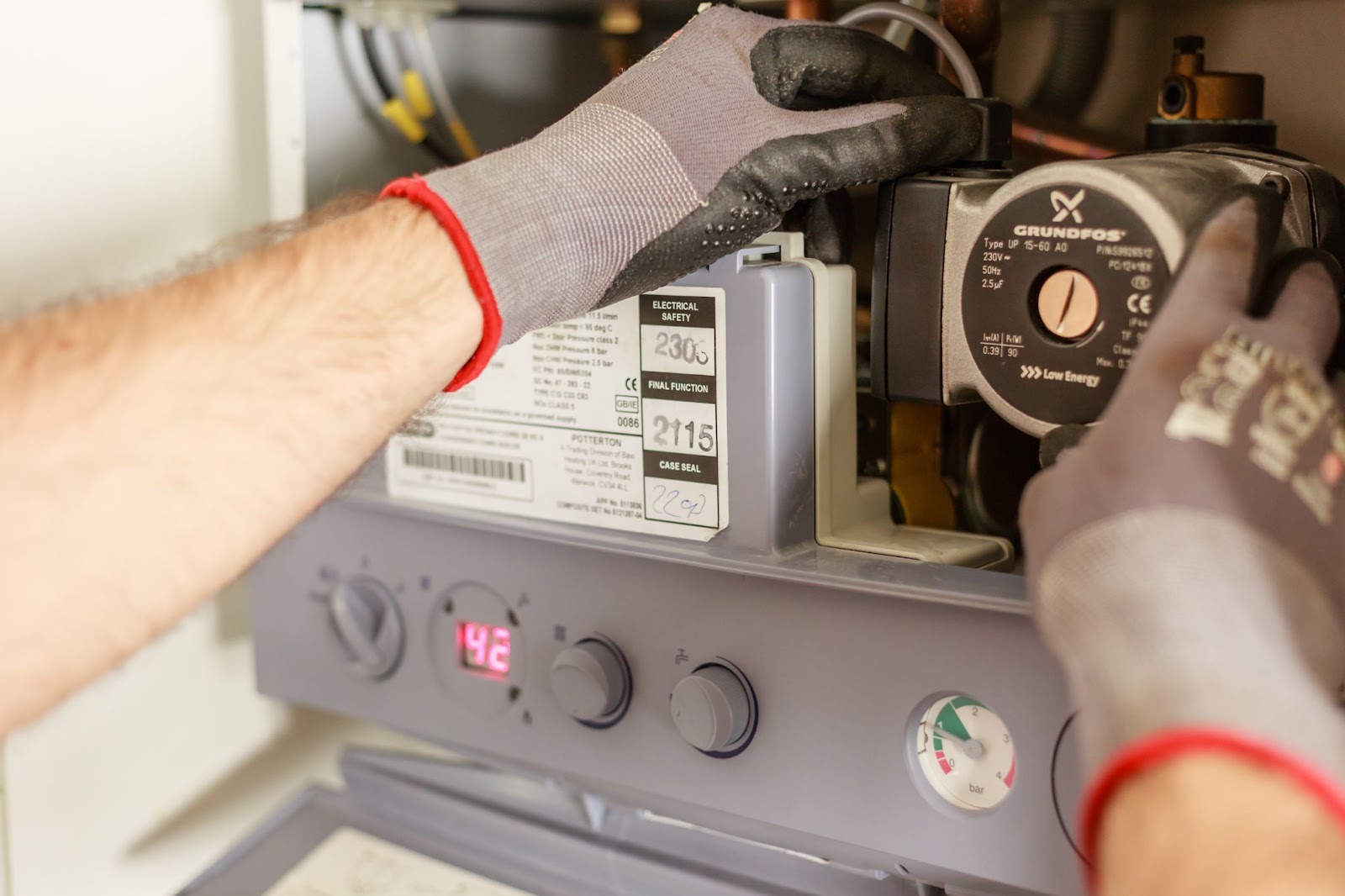
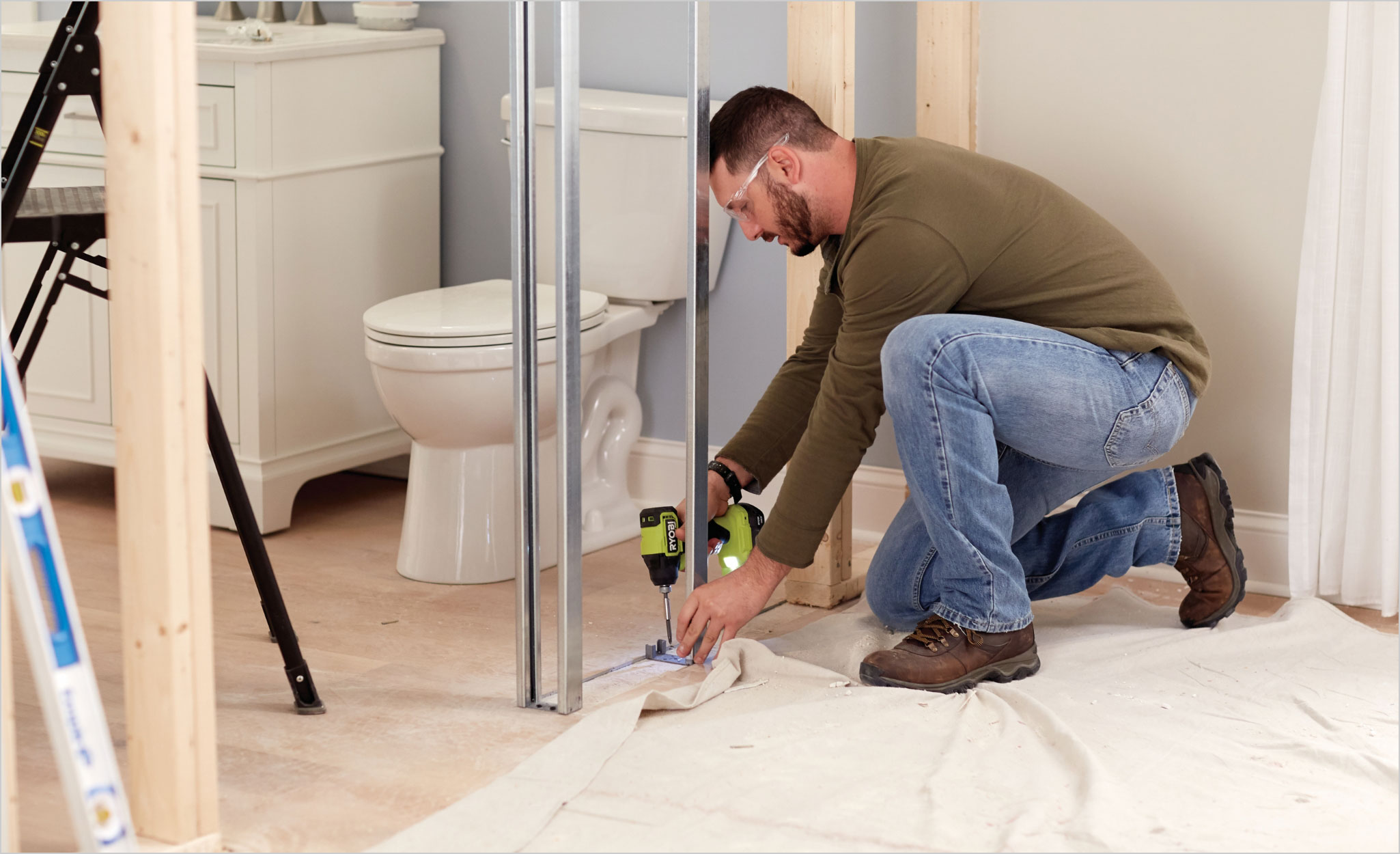
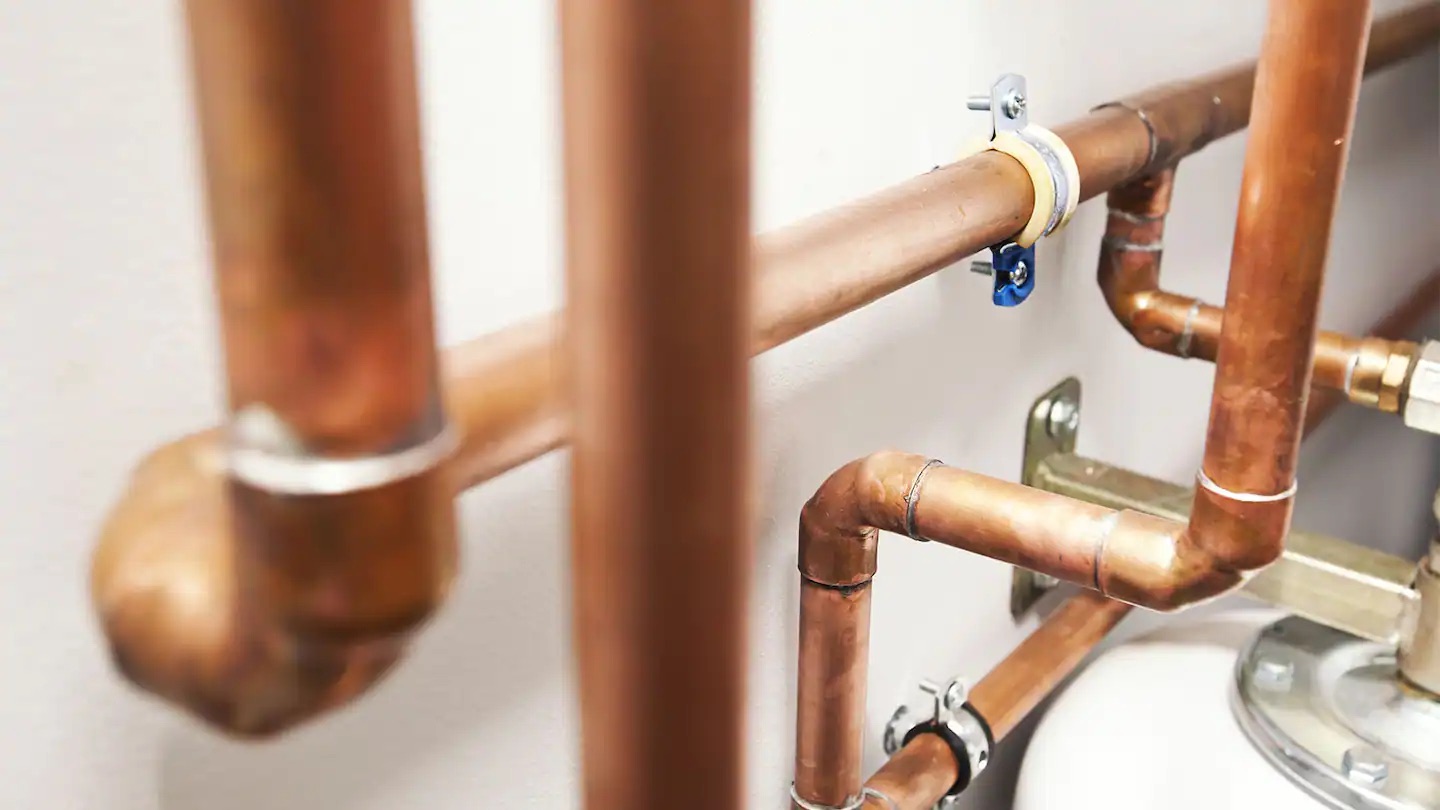
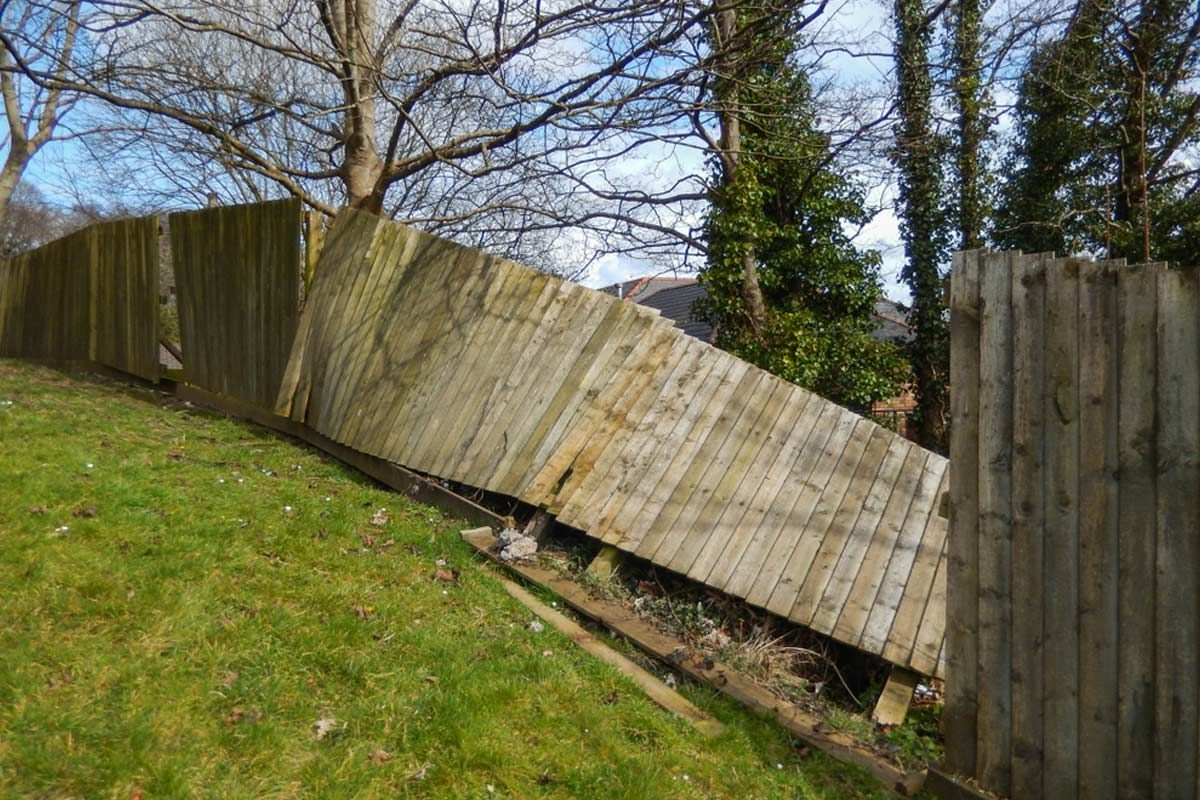
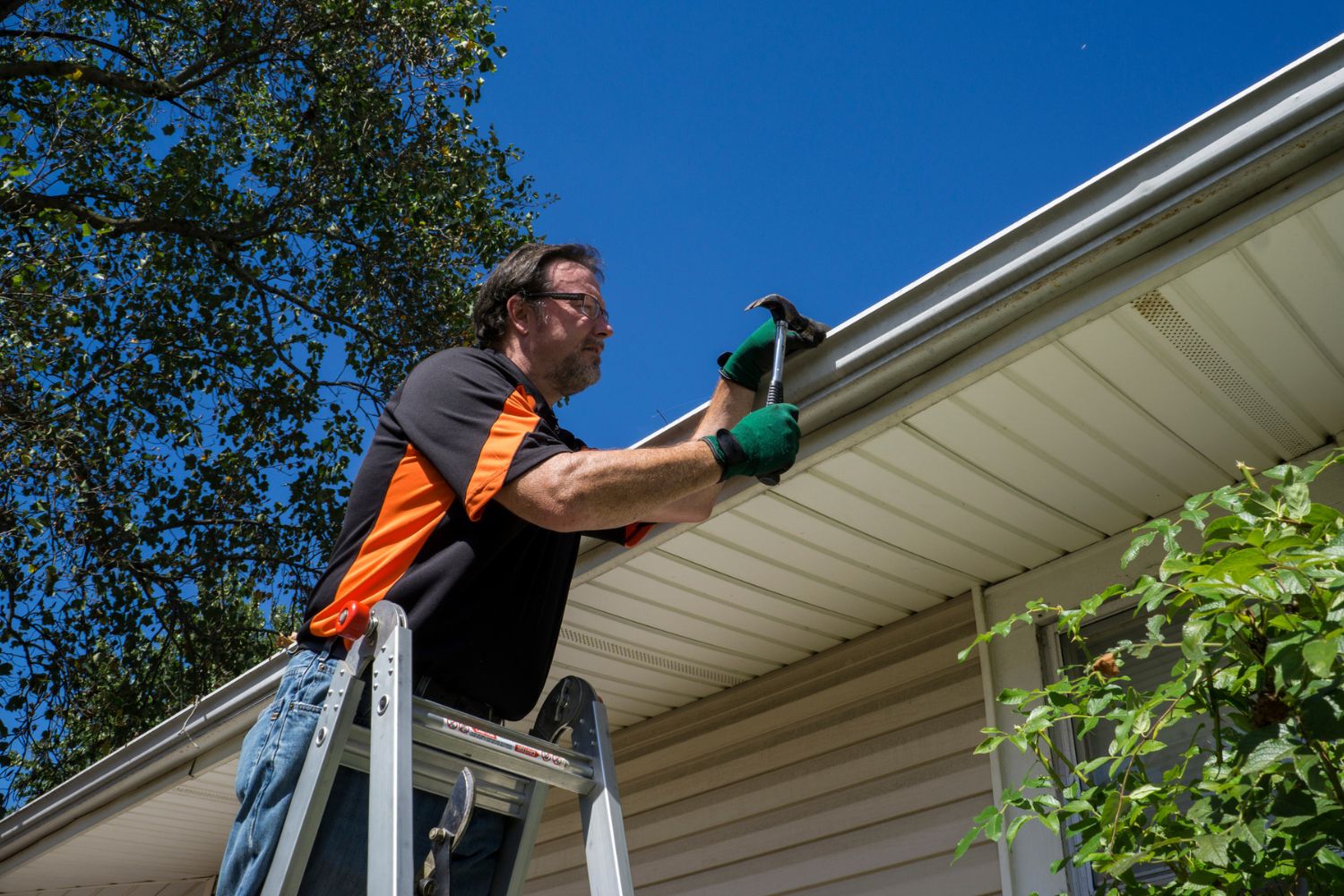
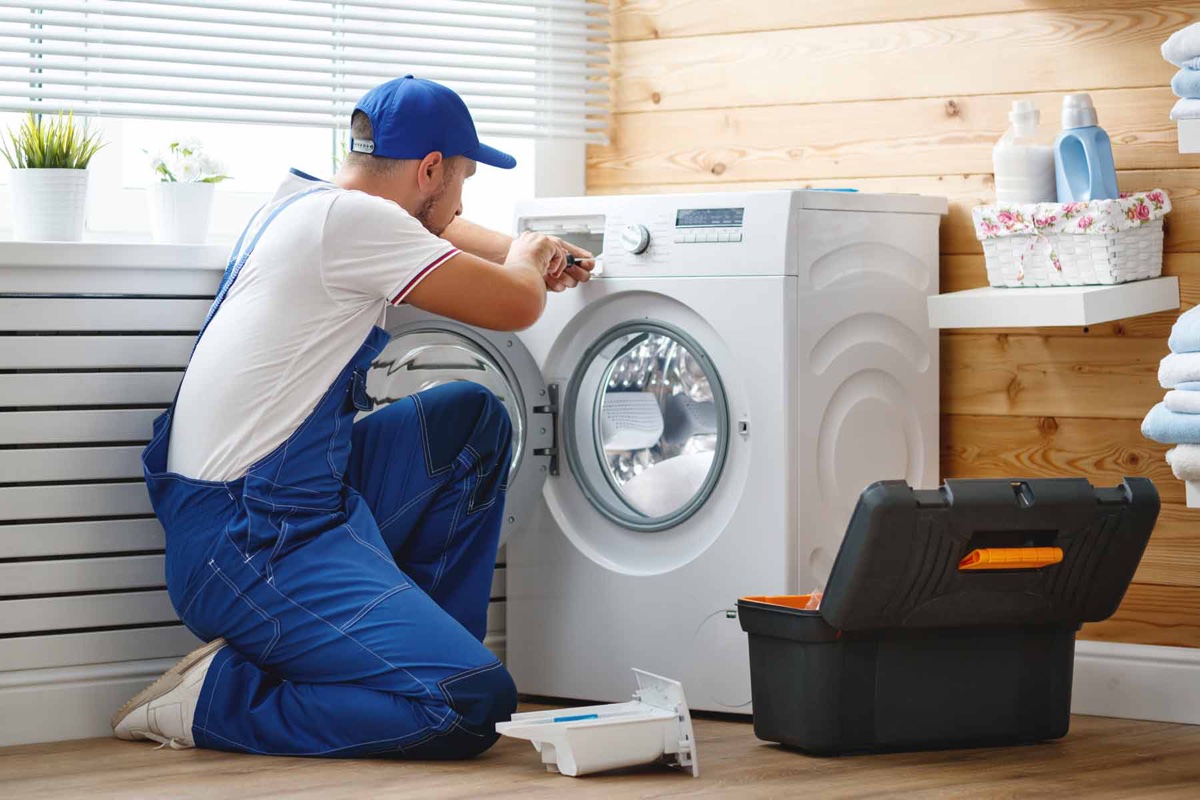

0 thoughts on “How Much Does It Cost To Fix A Plumbing Leak”